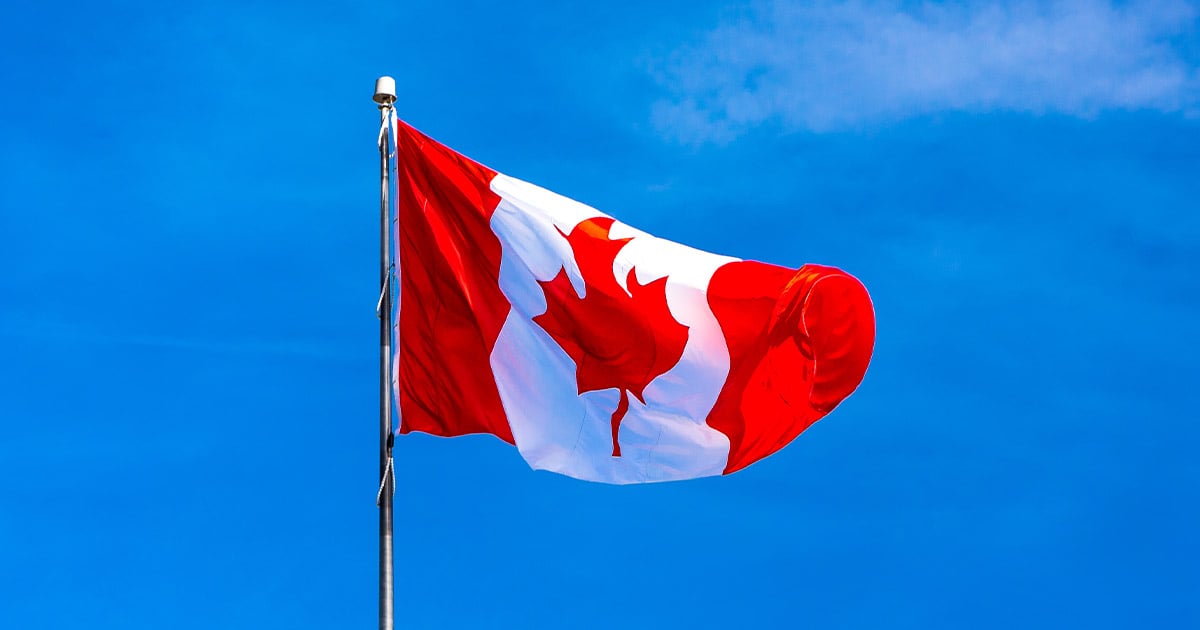Unlock exclusive resources with a free account.

Find the best immigration program for you
Popular Resources
Express Entry
Express Entry is Canada’s biggest permanent immigration program for skilled workers from around the world.
International Experience Canada (IEC)
IEC is a work permit program allowing youth from participating countries to work in Canada. Find out if your country is eligible.
Provincial Nominee Programs (PNPs)
PNPs allow Canada’s provinces to invite immigrants based on their own needs. There are more than 80 different PNP streams. Find out how they work.
Finding a job
Finding a job in Canada can be challenging, so we’ve put together a bunch of free resources. Resume templates, job interview tips, and guides for different industries.
Immigration Consultants & Lawyers
An immigration consultant or lawyer may be able to help you with your immigration process. Here’s everything you need to know about choosing a consultant.
Destination Guides
Canada’s big. Really big. If you’re not sure where to move, you should start by checking out our Destination Guides.
Study Permits
More than half a million international students are studying in Canada right now. Find out how you can join them.
How to find a job (Video)
Find everything you need
How to immigrate to Canada
Express Entry
Provincial Programs
International Experience Canada (IEC)
Family sponsorship
Find an immigration consultant
Meet our trusted partners
Immigration Consultants
Employers
Finances
Travel & Health Insurance
Phones
Become our partner
Frequently Asked Questions
In this section, you’ll find answers to some of the most common questions we get asked here at Moving2Canada.


















